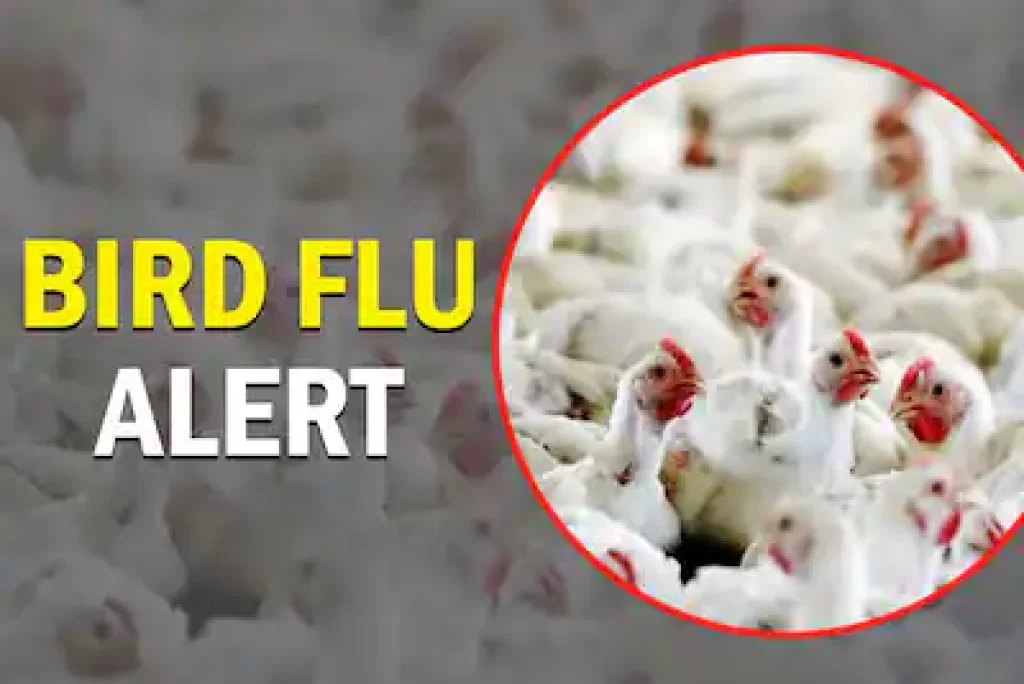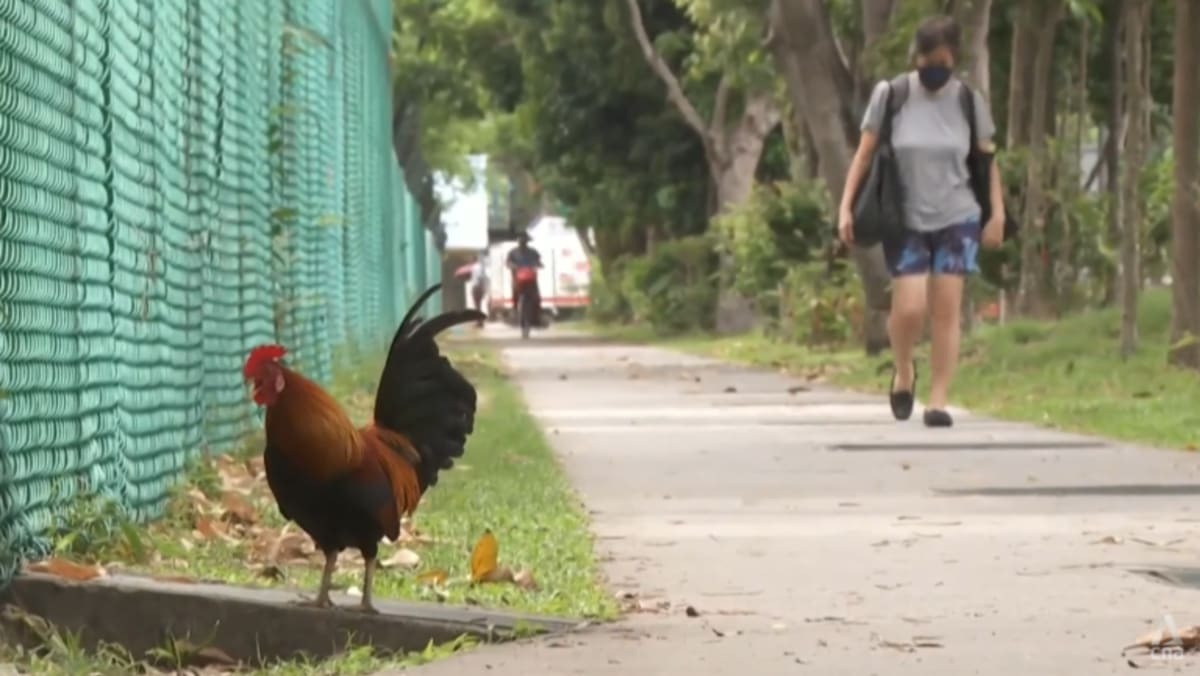
Authorities have issued a bird flu advisory, warning the public against touching or feeding wild birds. Although there are no known cases of H5N1 in Singapore at this time, officials highlighted that bird flu is endemic in the region. They emphasized the importance of staying vigilant and taking precautions to prevent infections.
The authorities are advising members of the public not to touch or feed wild birds as a precaution against avian flu, or H5N1. This includes steering clear of free-roaming chickens often spotted around neighborhoods in Singapore. Staying vigilant and avoiding contact with wild birds is essential to prevent potential infections.
Also called bird flu, avian influenza has recently infected humans in Australia and the United States. While there are no known cases of the virus in Singapore so far, authorities have emphasized that bird flu is endemic in the region. They stress the need to stay vigilant and take precautions to safeguard against infections.

STRICT PRECAUTIONARY MEASURES
Singapore has multiple rings of defense against highly pathogenic strains of avian influenza, which can cause severe disease or death in birds, as well as flu-like symptoms in humans. These measures are in place to detect, prevent, and respond to potential outbreaks, ensuring public health and safety.
In a joint statement, the Animal and Veterinary Service (AVS)—an arm of the National Parks Board (NParks)—and the Singapore Food Agency (SFA) announced their collaboration on precautionary measures against avian influenza.
Their efforts include engaging with overseas authorities on bird flu matters and conducting regular inspections of imported birds at farms and shops. Additionally, AVS tests migratory birds for avian influenza.
Only imported fowl and poultry products from approved sources are allowed, and any source with an H5N1 case will be banned. Consequently, the poultry supply, including eggs, can fluctuate from time to time.
To ensure resilience during disease outbreaks and supply disruptions, the SFA encourages the food industry to diversify and import from various sources. As of last year, 30 countries are permitted to export poultry to Singapore.
The agencies also reminded veterinarians and bird owners to be vigilant for any possible infections in their birds. They advised those working in close contact with birds to maintain good personal hygiene and take necessary measures, such as wearing protective equipment.
Animal rescue services have procedures in place to mitigate the risks of disease transmission while handling wildlife, including birds. “Our protocol is – we must wear gloves. For pigeons and other birds, we’ll wear masks, usually N95 masks and a face shield if needed,” said Mr. Joe Kam, a wildlife specialist at JK Wildlife.
As a licensed NParks contractor, JK Wildlife handles an average of 15 dead or injured birds each week. After handling animals, officers are required to clean and sanitize their hands and disinfect equipment.

MINIMISE HUMAN-WILDLIFE INTERACTION
Mr. Kam emphasized that members of the public must also do their part in preventing disease transmission. He highlighted that feeding remains one of the most significant interactions between humans and wildlife in Singapore, which can carry risks of spreading diseases.
“To minimize human-wildlife interaction, we need to manage our food provision, including feeding and waste management. We have to prevent animals from coming to us for food, rummaging through bins, etc.,” Mr. Kam noted. “Birds congregate because of the food when humans feed them. So, please do not feed the birds.”
NParks also pointed out that feeding wildlife, including birds, can dirty the surroundings and attract pests. Those caught feeding wildlife in Singapore can be fined up to S$10,000 (US$7,400).
AVIAN FLU TRANSMISSIONS ARE RARE
Still, migratory birds can fly above border controls and bring avian viruses. However, experts say bird-to-human transmissions are relatively rare.
Ms. Veronica Foo, chairperson of the bird group at Nature Society Singapore, noted that migratory birds do not congregate at farms or crowded areas. Instead, they are usually found at open water sources such as ponds, lakes, and reservoirs, including Kranji Marshes and Sungei Buloh Wetland Reserve.
She mentioned that agencies are monitoring migratory birds’ activities at these hotspots. “We have a concerted multi-task force of agencies which has set up a surveillance network to ensure that biosecurity measures are in place,” she said. “They will do checks on the water and migratory birds, like taking samples of the faecal matter, and test to make sure that they are free from the virus.”




